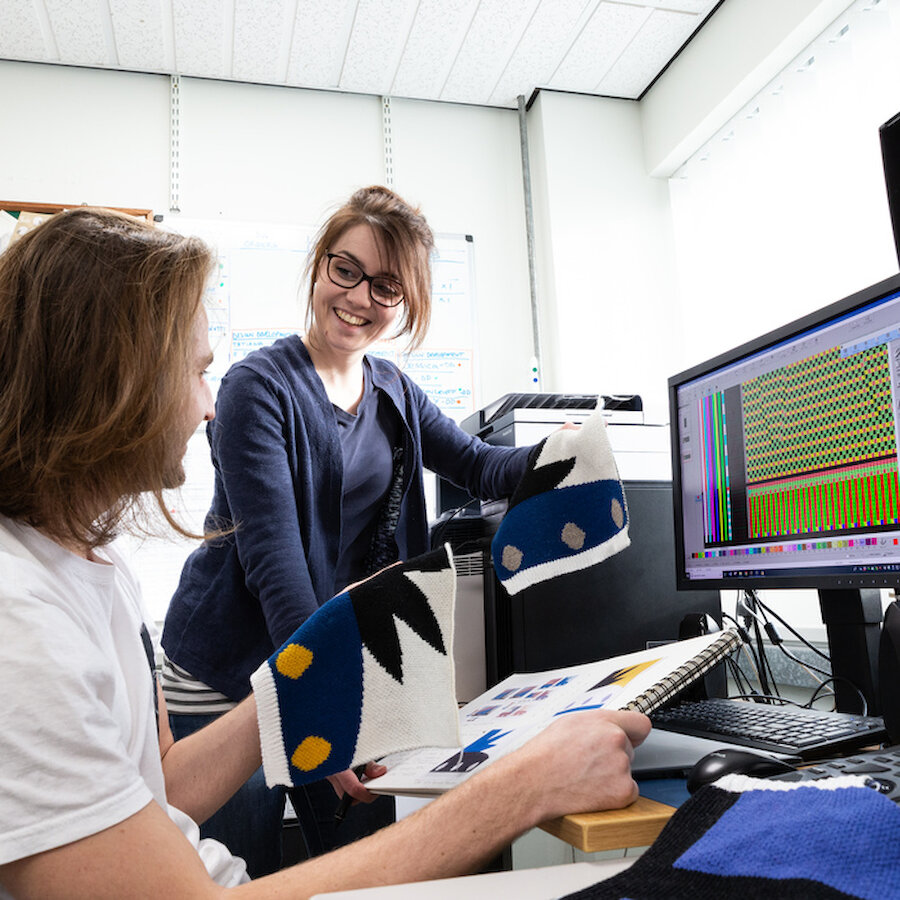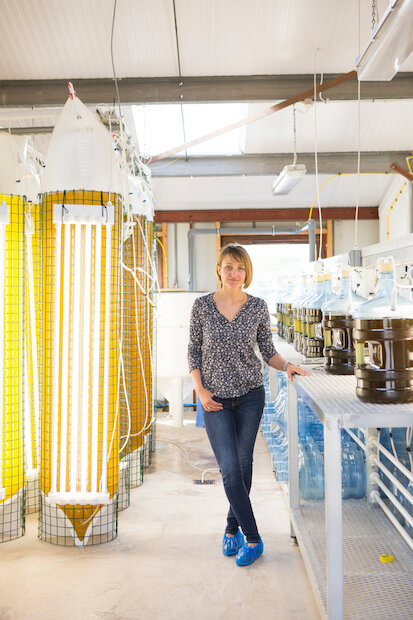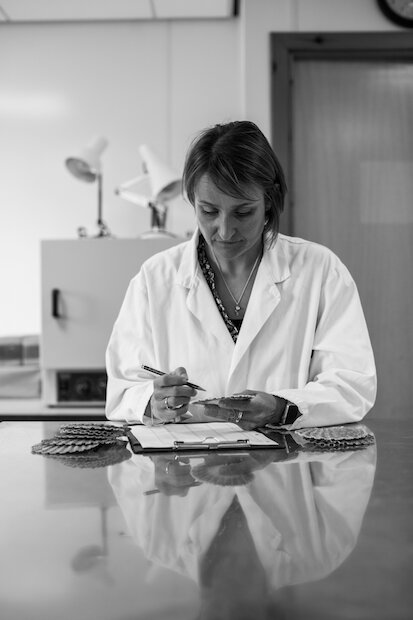Shetland, like many places around the world, is set to emerge from Covid restrictions as a different place to the one at the start of 2020. And while that means challenges, it also means opportunities – to retool and level up a local economy that has been successful for much of the past 50 years, but is now in a position to adapt and innovate.
With changes afoot in new sectors like renewable energy or space, as well as the need to keep improving and innovating in its fishing, aquaculture and other industries, having a skilled and highly educated workforce on the islands will be more important than ever. Which is just one of the reasons for Shetland’s tertiary education offering to merge as the Shetland UHI ahead of the 2021/22 academic year.
“It will create an inspirational new hub, which will be simpler for people to understand, and more powerful in the way it will interact with the Shetland economy,” says Professor Jane Lewis, the Principal Designate for the merged college, which will remain under the umbrella of the University of the Highlands and Islands, which has 13 colleges and research centres around northern Scotland. “A lot of industries in Shetland are adjusting after a challenging time, but in many ways it’s an exciting time. The college will have a role to play both in delivering skills and training, and providing research support for new and growing industries such as space and renewable energy, as well as Shetland’s thriving creative sector and much more.”
The merged colleges won’t just save money by streamlining operations, but will mean that one college will offer a full range of educational offerings – from Skills for Work opportunities for local schools to PhDs in marine-based research at the NAFC or Shetland College courses such as a BA in Archaeology and Environmental Studies BA or an MA in Art and Social Practice. The appeal of studying in Shetland remains a closeness to the local economy and Shetland’s vibrant culture. “There’s such a strong link in Shetland between learning and what’s happening on the islands, whether that’s in health or social care, engineering for the fishing industry or working with local artists as part of the Centre for Island Creativity,” says Lewis.


